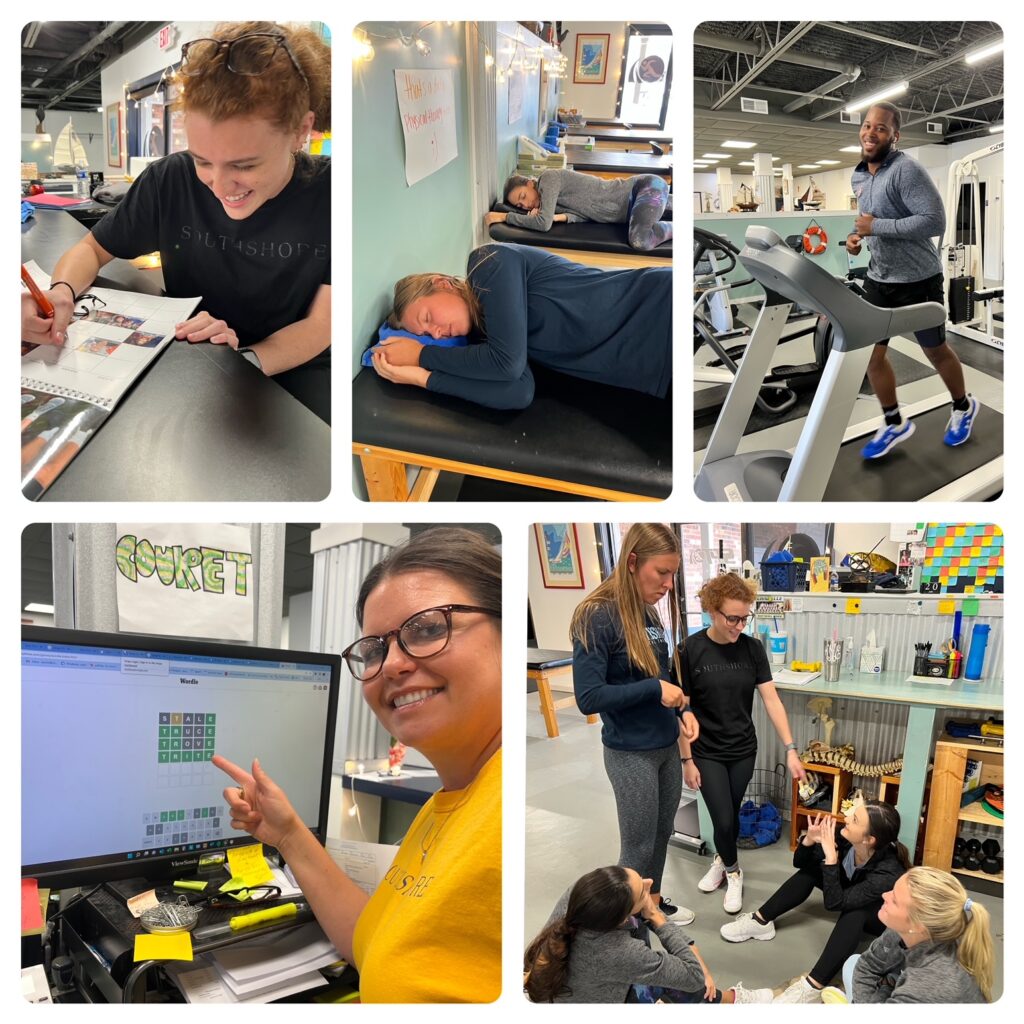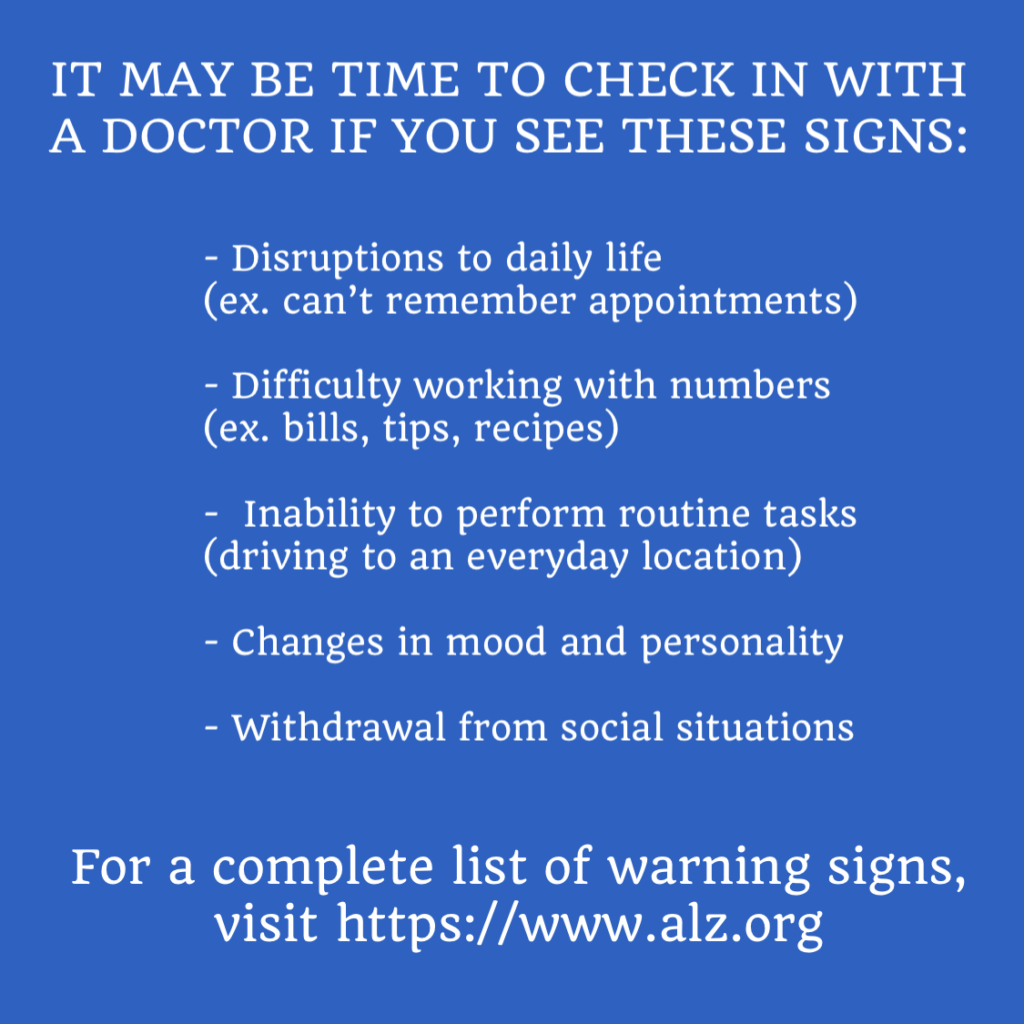
A specific word, a person’s name, the location of your keys, phone or wallet … we have many things to remember on a day-to-day basis. With the overscheduled nature of the average person, it’s normal to experience a little forgetfulness from time to time. As we age, there are several medical disorders that can affect the brain leading to dementia. But for many of us, these memory lapses can just be chalked up to little hiccups in our cognitive function.
Some important parts of our lives won’t let us forget about them. Empty refrigerators, flashing dashboard lights and hungry pets are salient reminders of things we need to remember every day. But what about the more subtle ones like sending a gift for a friend’s new baby or locating your car in a packed parking lot?
Here are a few little tips to help improve your memory.
Stay physically active. Exercising for 30 to 60 minutes a few times a week helps keep your reasoning skills sharp and literally increases the size of your hippocampus, the part of the brain responsible for memory. It’s also been associated with delaying the onset or slowing the progress of Alzheimer’s Disease.
Stay mentally active. Think of your brain as a muscle. Without activity, it becomes flabby and begins to atrophy. Try working a crossword puzzle, doing math in your head or playing one of the many online word games sweeping the planet right now. (Wordle, anyone?) Click here for more ideas on how to exercise your brain.
Get out into the world. In addition to battling loneliness and isolation, socializing regularly has also been linked to a slower rate of memory decline. When your mind is engaged, you are mentally stimulated and focused which boosts your intellectual well-being. So, get together with old friends, visit with family and chat up the barista at the local coffeeshop.

Slow down. There’s a fine line between staying active and overbooking yourself to the point of counterproductivity. When we’re rushed and trying to remember too many details all at once, things start to fall between the cracks. If you must live on a schedule, be sure to regularly book some downtime for yourself to breathe.
Put everything in its place. Your home, office, car and anywhere else you need to function efficiently should be decluttered and orderly. How can you remember to pay the electric bill if you can’t even find it? Designate a consistent spot for essentials like your keys, phone, wallet, glasses, etc. You may want access to some of these items first thing in the morning, so a catch-all receptacle on the nightstand is ideal.
Sleep. Memories can be fact-based (your anniversary), episodic (your wedding day) or procedural (your wedding waltz). For a memory to be stored in the brain, three actions must happen. Acquisition and recall both occur during waking hours. Conversely, the conversion of experiences to memories (also known as consolidation) requires sleep, an average of eight hours nightly say the experts.
Leave ONE thing out of place. This one comes directly from the recesses of my own brain. When I have something important to remember (to pack socks tumbling in the dryer, leave a check in the mailbox or remind the Tooth Fairy to visit), I place something unusual (ex. detergent bottle) conspicuously in the middle of the room. NOTE: This tip only works if your house is in order (per the last suggestion) so the reminder item stands out.

Michele Robert Poche
